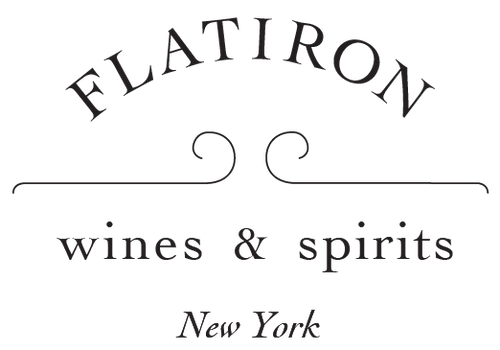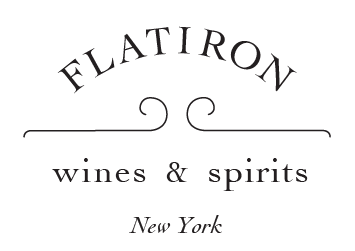Roses de Jeanne (Cedric Bouchard)
It is commonplace to pick up a bottle of wine and see on the label both the vintage and the name of the place whee the grapes were grown. But in Champagne, weirdly, this was... Read More
It is commonplace to pick up a bottle of wine and see on the label both the vintage and the name of the place whee the grapes were grown. But in Champagne, weirdly, this was not done for the longest of times. Eventually, Krug started releasing its "Clos de Mensil" and Philiponnat started releasing its "Clos des Goisses", but until well into the 1990s that was about it. Even today, perhaps only one bottle of Champagne in 50 indicate vintage and vineyard site on the label.
Jacques Selosse did more, perhaps, then anyone else to promote the concept of single vineyard/single vintage expressions in Champagne. There are now a small handful of others, many of whom are his protégés, whose fame is not quite at the level of Selosse's but who are coming close. Top among that group is Cédric Bouchard.
Bouchard works in the Aube. There, he produces nothing but single vineyard/single vintage/single variety wines. Everything is farmed naturally and organically. Yields are some of the lowest in Champagne. The manipulations that are common in Champagne, such as chaptalization, addition of dosage, fining and cold stabilization, are all avoided. Unlike Selosse and many other growers of this ilk, he uses only steel casks for fermentations and elevage.
His Champagnes are immensely concentrated and definitely fruit and mineral-centric. There are no bready or yeasty flavors, certainly no oak flavors, no sweetness, and none of the flavors that come from other manipulations. The bubbles are super fine and a little bit lighter than in "normal" Champagne. They really are pure expressions of what they are, and they are truly singular.
They are also really hard to source. He has an impossibly small amount of land: just 1.37 hectares of his own, plus another plot of 1.49 hectares owned by his father that he now bottles. He sorts severely, both in the vineyard and in the winery, and keeps only the best juice for himself, selling the rest to the Big Houses. As a consequence, bottles of Bouchard are quite rare. We get what we can, but it's never enough.

